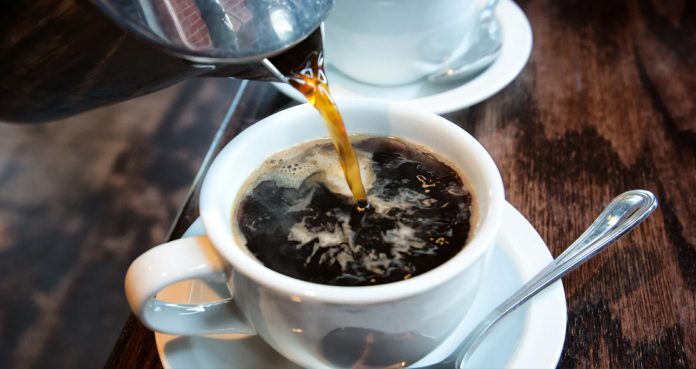Many regular coffee-drinkers know that coffee not only gets them to kick start their day but also makes them poop. Although it is well-known that coffee does have laxative effects, it is unclear how exactly that happens. So, to resolve this mystery, researchers decided to conduct an experiment to study the effects on lab rats.
The results of the experiment were presented recently at a conference called Digestive Disease Week, which seemed to reaffirms a suspicion that its poop-promoting effects have nothing do with caffeine. They also found that coffee might destroy bacteria in our intestines.
Scientists at the University of Texas Medical Branch at Galveston fed a tiny cup of coffee to rats for three consecutive days, with different groups who got both caffeinated and decaffeinated coffee.
They checked the rats’ downstairs plumbing through a physical examination and probe to focus on the muscles that contract and help guide food as well as waste through the intestines. They also checked how muscles from the intestines directly reacted to coffee in the lab.
Their findings were quite clear. They found that after consuming coffee, the muscles in the small and large intestines contracted, which means things could move faster along the intestines.
Lead study author Xuan-Zheng Shi said, “Coffee has this stimulating effect on gut motility, and that is not related to caffeine at all. We could see this even with decaffeinated coffee, so it’s caffeine-independent.”
This is not the first study suggesting that coffee directly affects the muscles in the intestines. In 1990, scientists found that people who reported of pooping after consuming black coffee had more movement of their muscles in the colon.
Considering the new study, the pooping-effects could be seen in people who drank decaffeinated coffee. The 1990 study speculated that coffee could be working indirectly on the colon through the stomach and small intestine considering the short time (approximately four minutes) it took to contract the muscles.
Shi and his research team also looked at rat poop. When they compared the poop made with no coffee involved, they found that the poop of coffee-drinkers had fewer bacteria. Further, upon examination, they found that bacteria stopped growing in coffee-drinkers’ poop.
Shi said, “That’s really interesting because that means coffee could be an antibacterial agent, and we could see this again with decaffeinated coffee. But that we need to study more – why coffee could have this suppressing effect on the microbiome.” However, at this point, it could be too early to say how exactly coffee affects the microbial ecosystem in the intestines.
Some studies have suggested that coffee has positive effects on our overall colon health and lowers the risk of colon cancer, while other studies have found a link between the gut microbiome and a healthy moving gut; however, it is unclear how it affects the gut health.
The researchers explained that even if gut bacteria play a role in coffee’s ability to make one poop, it might not be the only mechanism involved either. So, they explained that there needs to be more research done to know how exactly gut bacteria play a role in making one poop after drinking coffee.























